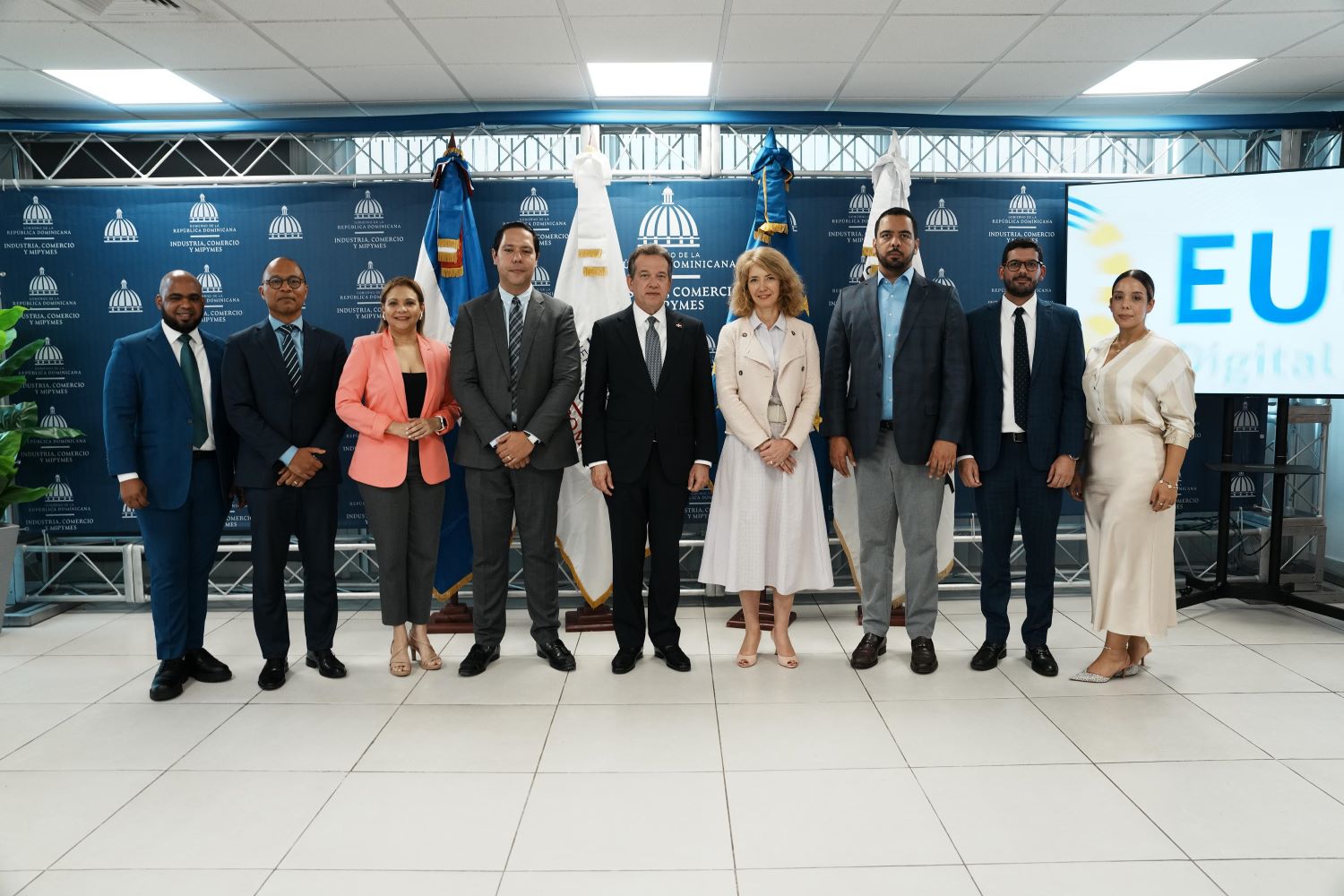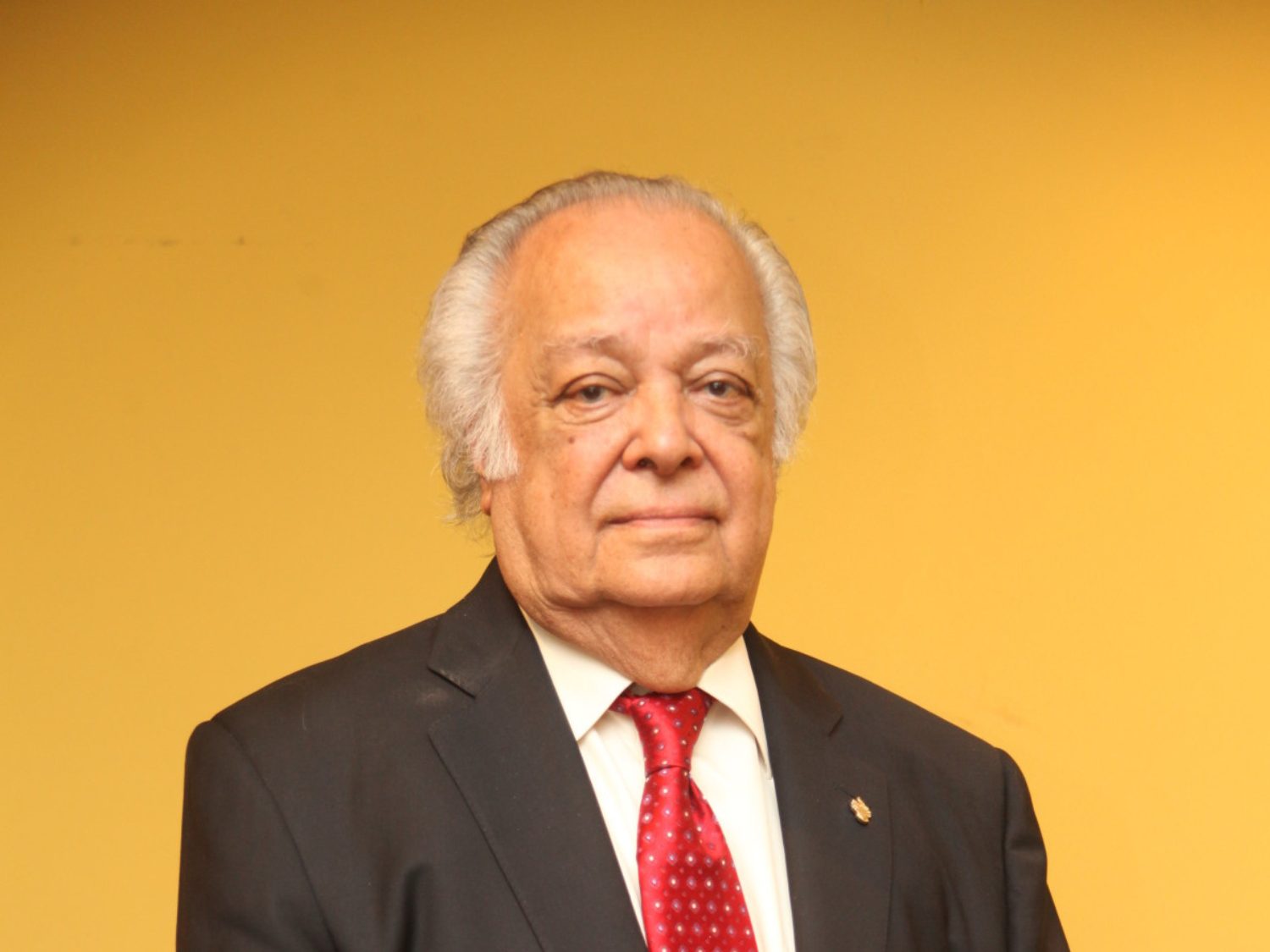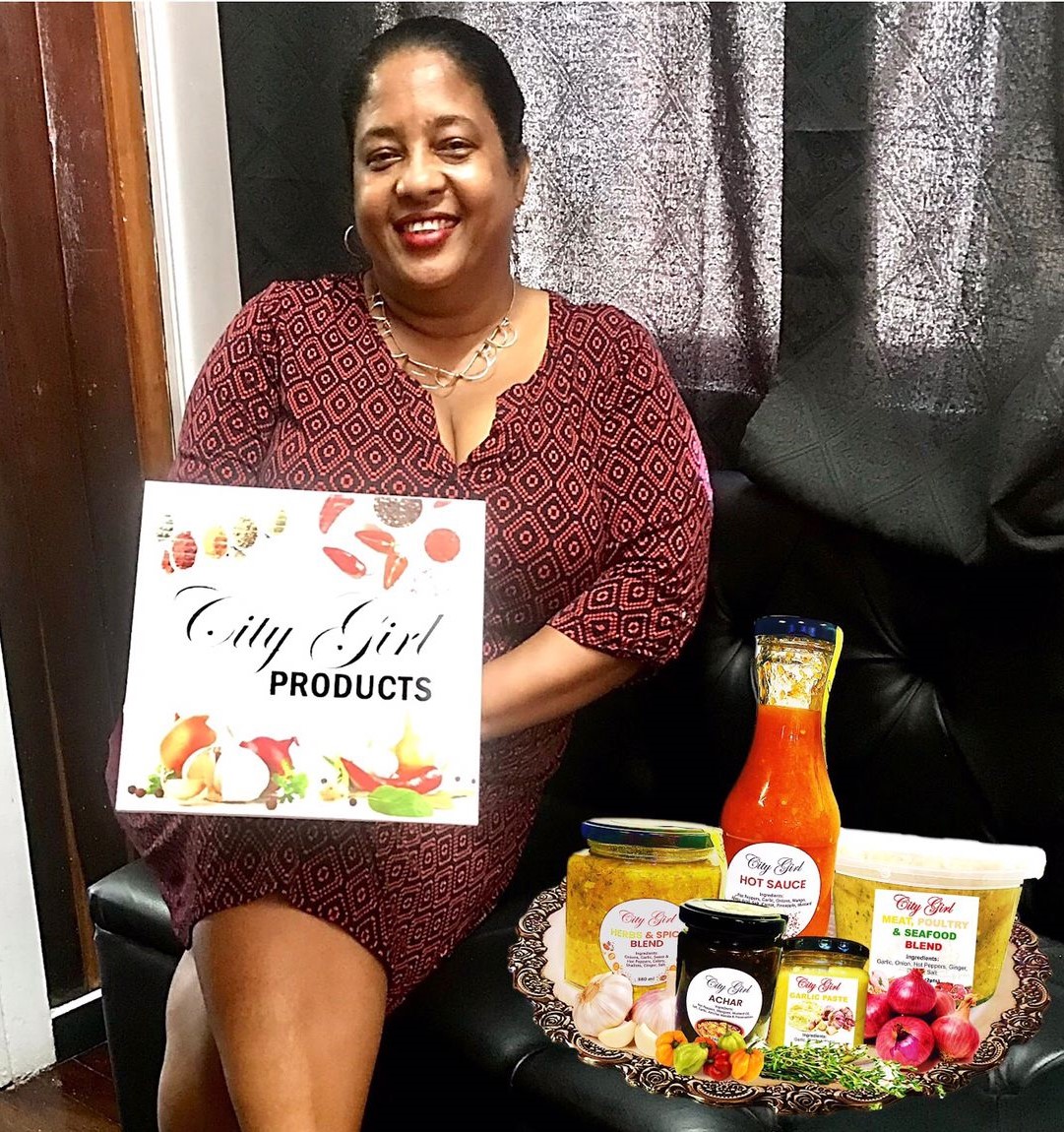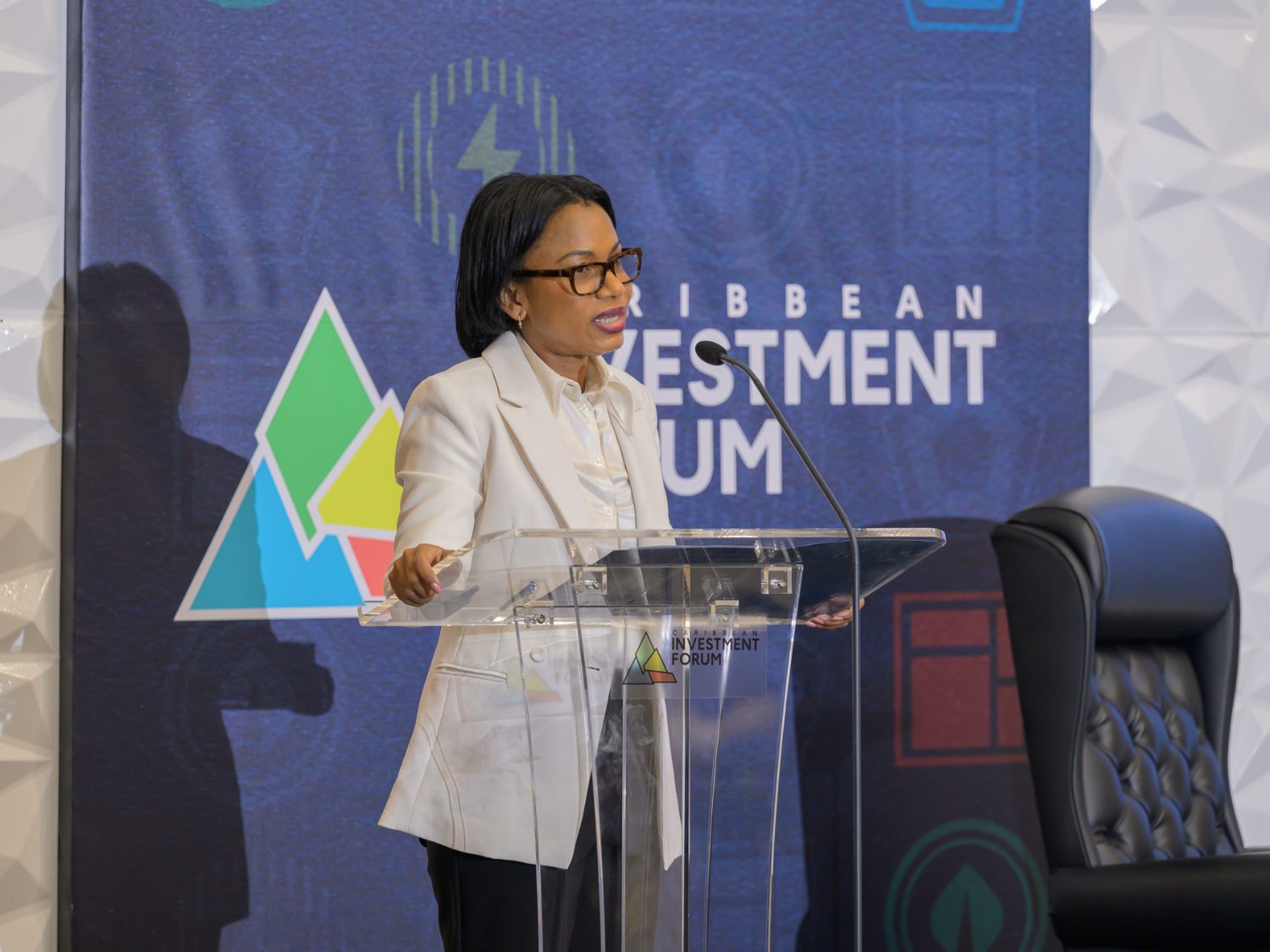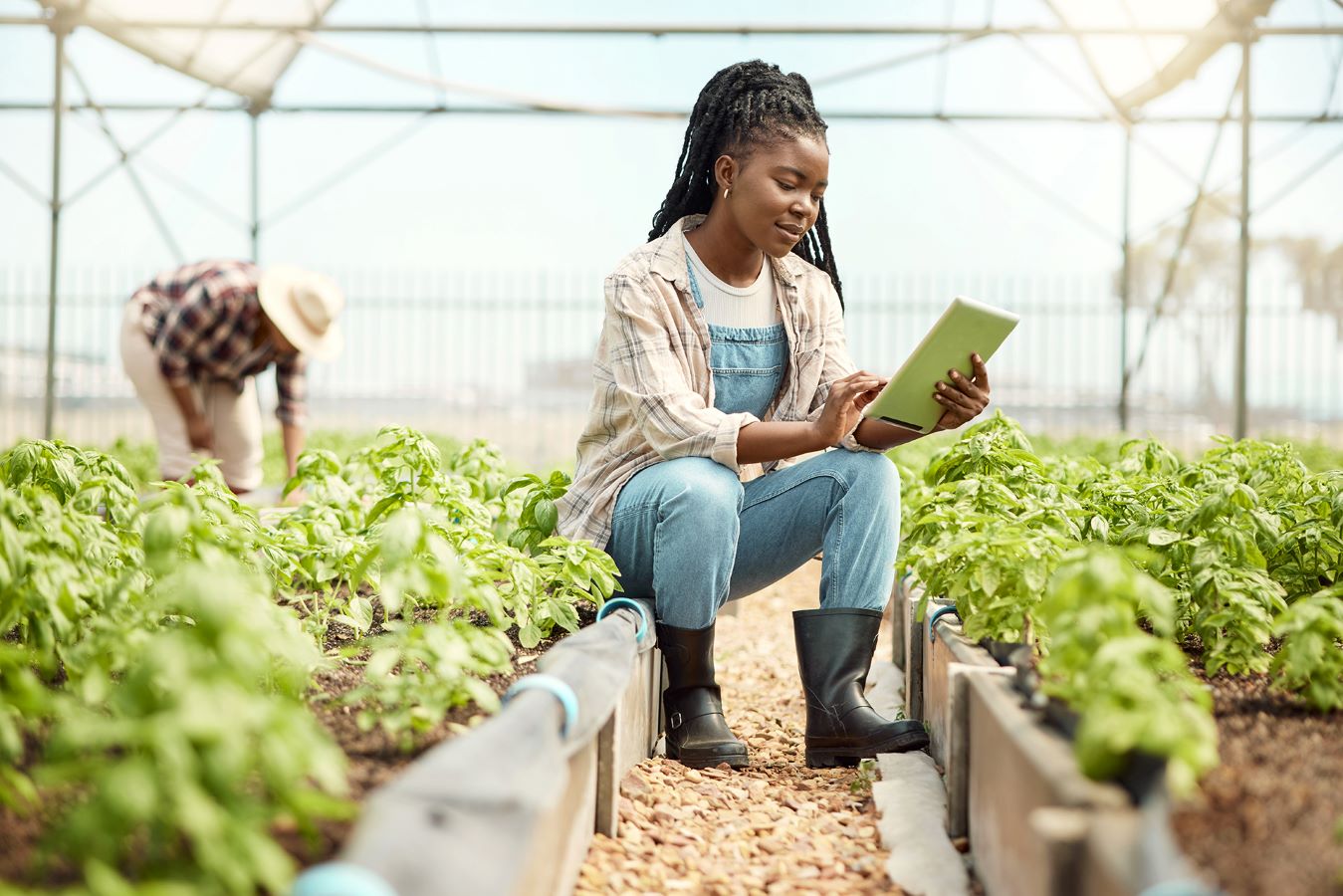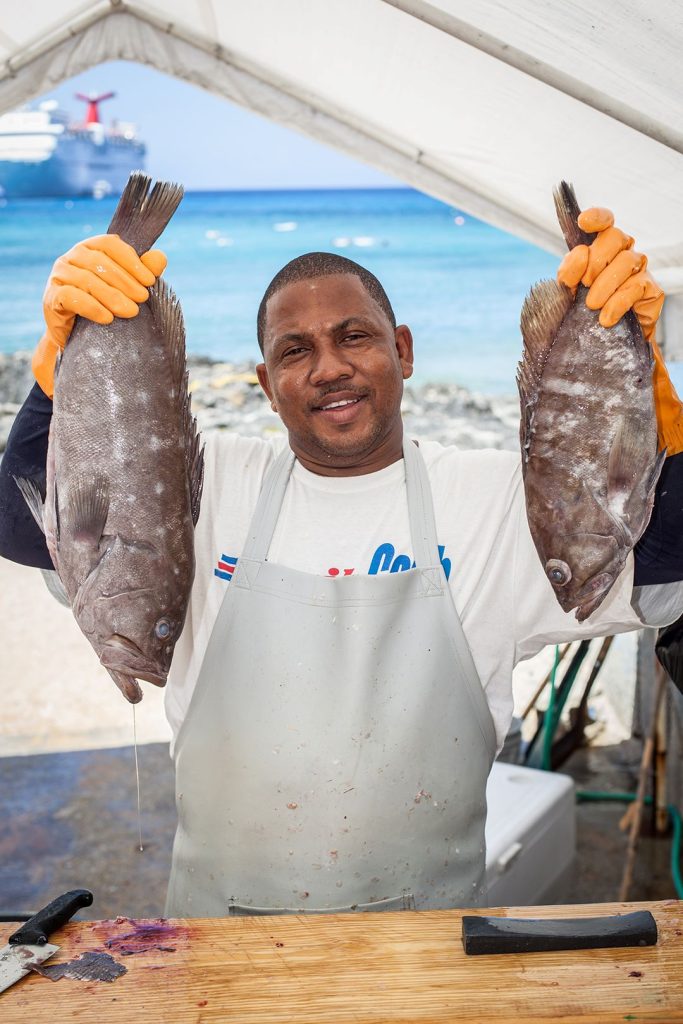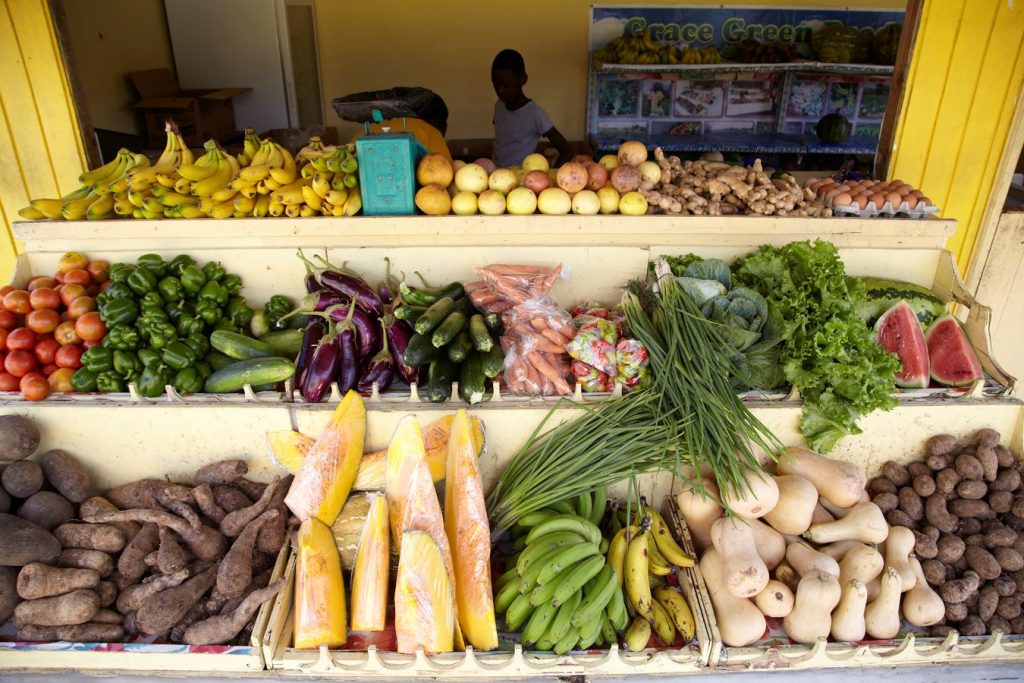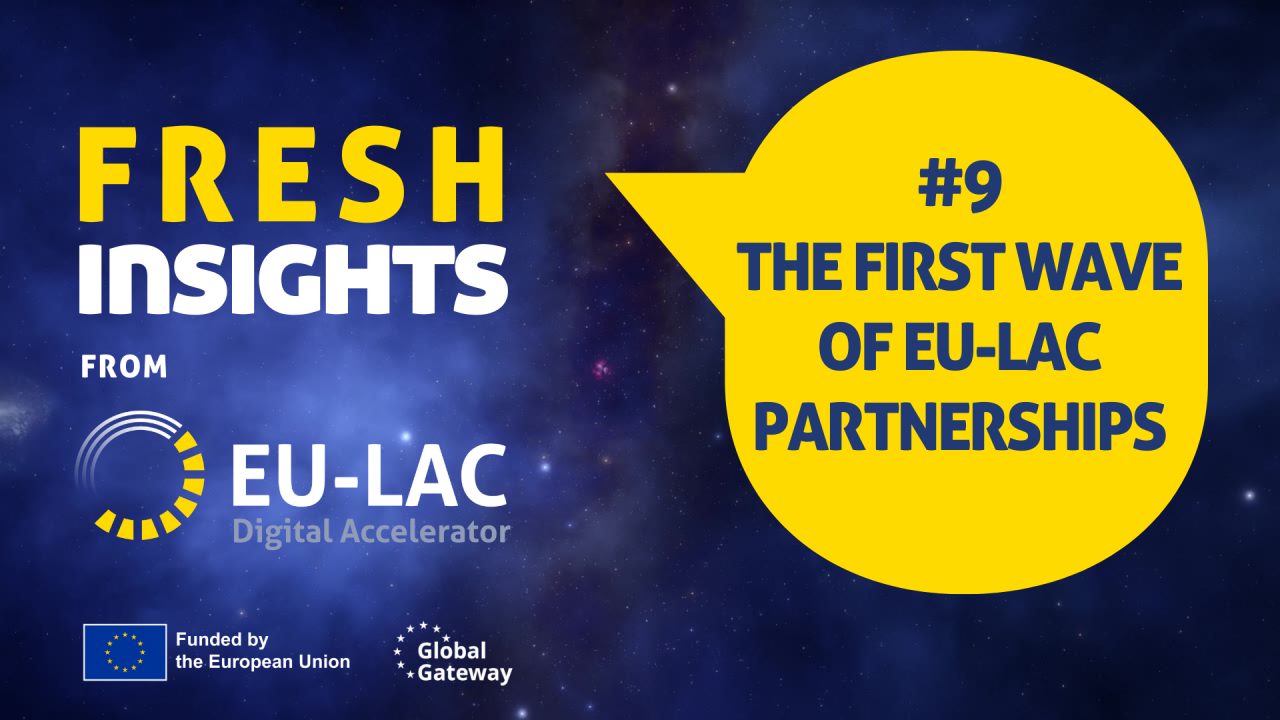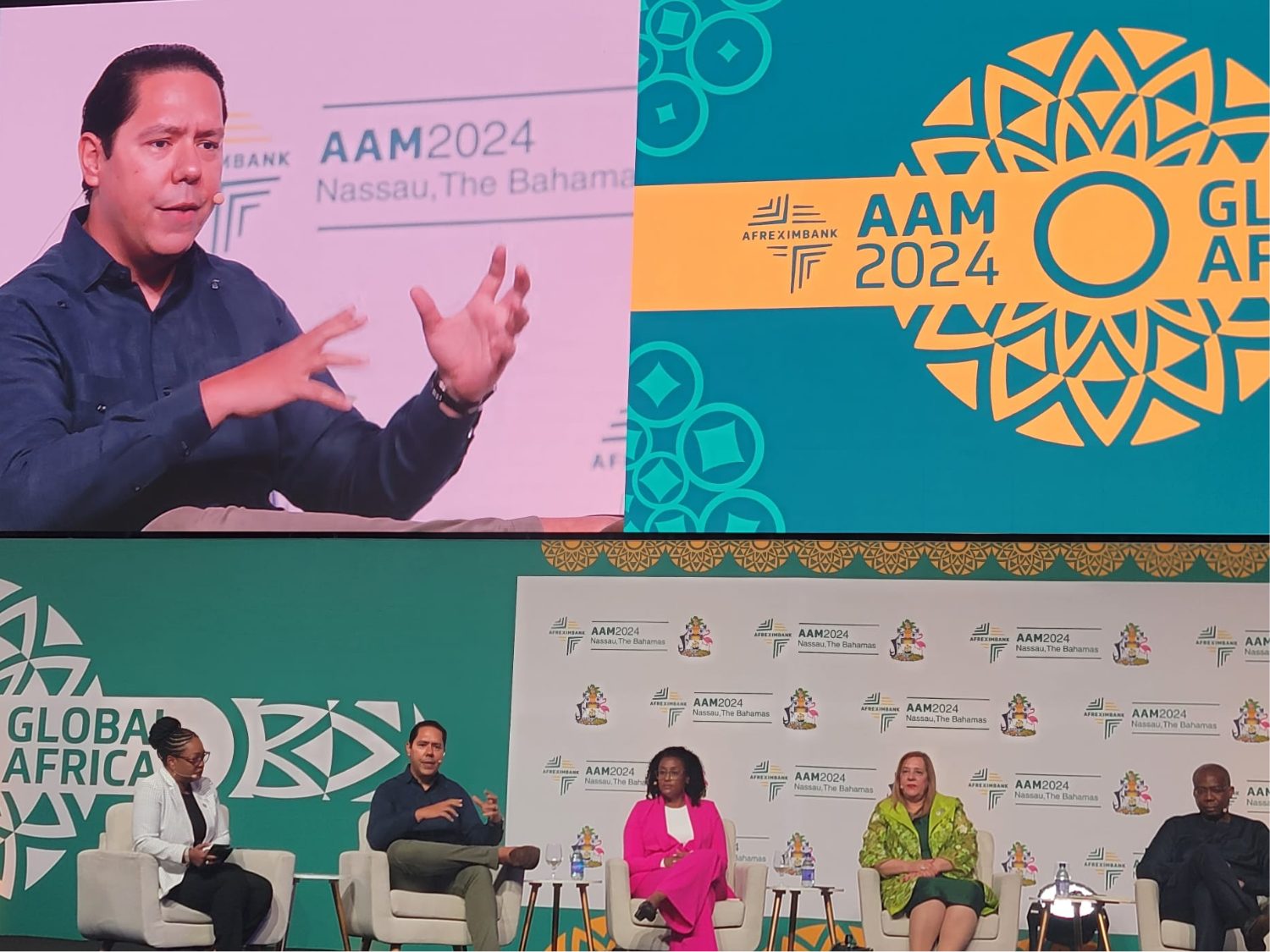The Caribbean Export Development Agency, in partnership with the Ministry of Industry, Commerce and SMEs (MICM) and the European Union (EU) in the Dominican Republic, has launched the “Digital Connectors” initiative. This groundbreaking program aims to create new business opportunities for Dominican industries in the digital sector.
Deputy Executive Director of Caribbean Export, Leo Naut, explained the initiative’s scope and benefits for both large corporations and SMEs at the event held at the MICM headquarters. “Participating companies in Digital Connectors will work with entrepreneurial startups and international experts. Local technology organizations will be able to identify new market opportunities and strategic alliances with key players from Europe, Latin America, and the Caribbean, achieving productive linkages that help them grow through the export of their services,” said Naut.
A New Era for Digitalization
The “Digital Connectors” initiative seeks to address the challenges of digitalization and create business opportunities by connecting companies from the Dominican Republic with innovation ecosystems in Europe, Latin America, and the Caribbean. This pilot program of open innovation will allow local companies to access high-quality digital acceleration services, opening up new commercial opportunities in digital transformation and global competitiveness.
The Digital Connectors program is part of the EU-LAC Digital Accelerator Programme, funded by the European Union’s Global Gateway.
Key Figures
The EU Ambassador to the Dominican Republic, Katja Afheldt, expressed, “The Digital Connectors program is a flagship example of European Union cooperation in the Dominican Republic: accompanying the country in its major reforms and innovation through knowledge transfer, the exchange of best practices, and support for the business sector and the talent of young Dominicans. This program paves the way for a more innovative, competitive, and digital future.”
“We are convinced that this collaboration with the European Union will allow us to continue advancing in our mission to create a more competitive, dynamic, and innovative economy,” stated Minister Bisonó.
Who Can Participate?
The Digital Connectors program targets technology companies and corporations operating in key sectors such as industry, consumer goods, tourism, logistics, distribution, energy, health, agribusiness, and pharmaceuticals, among others. It is also open to startups, entrepreneurs, and any company interested in improving its competitiveness through innovative and digital solutions. Interested companies can register through the following link
Upcoming Workshops
To socialize the concepts of open innovation and corporate entrepreneurship with local industries, a workshop will be held on October 28th for technology companies with expansion visions, seeking innovative solutions to grow in international markets. On October 29th, industries and corporations from various sectors will participate in a training session focused on companies willing to collaborate with entrepreneurs and technology firms from Europe and Latin America to identify innovative solutions that generate operational and financial improvements.
What is the EU-LAC Digital Accelerator?
The EU-LAC Digital Accelerator is a platform financed by the European Union (EU) as part of its EU-LAC Digital Alliance, created under the Global Gateway framework. Over five years, this initiative will facilitate collaboration between the private sector and various stakeholders from the EU, Latin America, and the Caribbean.
Led by TECNALIA, the Digital Accelerator brings together prominent international innovation players, such as IESE Business School, WAYRA-Telefónica, and the European Business and Innovation Centre Network (EBN), among others, promoting competitiveness, digital skills, and business transformation in Europe, Latin America, and the Caribbean.
